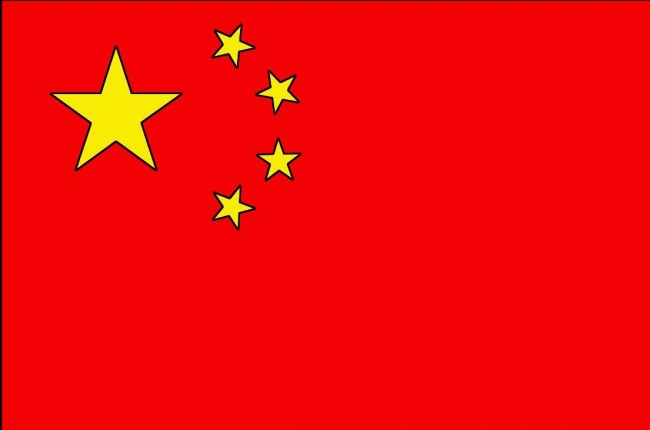Four days ago we wrote about the strong stance and weak punch of China’s “Sword Net 2015” anti-piracy initiative, which had given music services in the country a deadline of July 31 to clear their catalogs of infringing songs.
It’s four days later, and things have changed. That same day in fact (Aug. 3), the National Copyright Administration of China (NCAC) had 2.2 million songs removed from the country’s most popular digital listening outlets, including 640,000 from Baidu, 23,700 from QQ (owned by Tencent) and 26,000 from Xiami and TTPod (owned by Alibaba).
“While carrying out self-investigation and rectification, online music companies have been constantly strengthening the industry’s self-discipline,” wrote the NCAC in its statement from that day.
The takedowns seemed to sharply penalize companies that were reportedly slower to legitimize their catalogs, according to music publication Re:chord. “Platforms that have been more active over the past few years…have seen fewer tracks taken down, due to their early adoption of licensing,” they write.
This amounts to an understandable co-sign from the government of more-legitimized businesses against smaller players in the country, who lack deals like the one Tencent has with Sony Music and Warner Music Group, or that Alibaba secured with BMG. As Yao Haifeng, an analyst with the company Analysis put it to Northeast Legal Daily, “These small operators are the target of this campaign, and in the end it will be the platforms with stronger and better regulated operations, copyright and distribution channels who survive.”
“The major players — Ali Music, Tencent and China Music Corporation — had long been locked in a stand-off,” says Alex Taggart of Beijing-based rights management company OD Rights, “with all three reluctant to transition to a paid model for fear of losing users. Now, with the support of the NCAC, they have the confidence to edge slowly toward a consensus.”
“When you consider that these major players also happen to have exclusive licenses for the majority of Chinese catalogue between them,” Taggart continues, “making them simultaneously both the major content providers and the major service providers, they are effectively self regulating the market, at the expense of any service that has been slow to go legit.”


